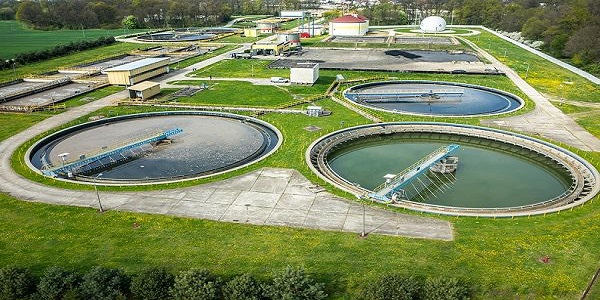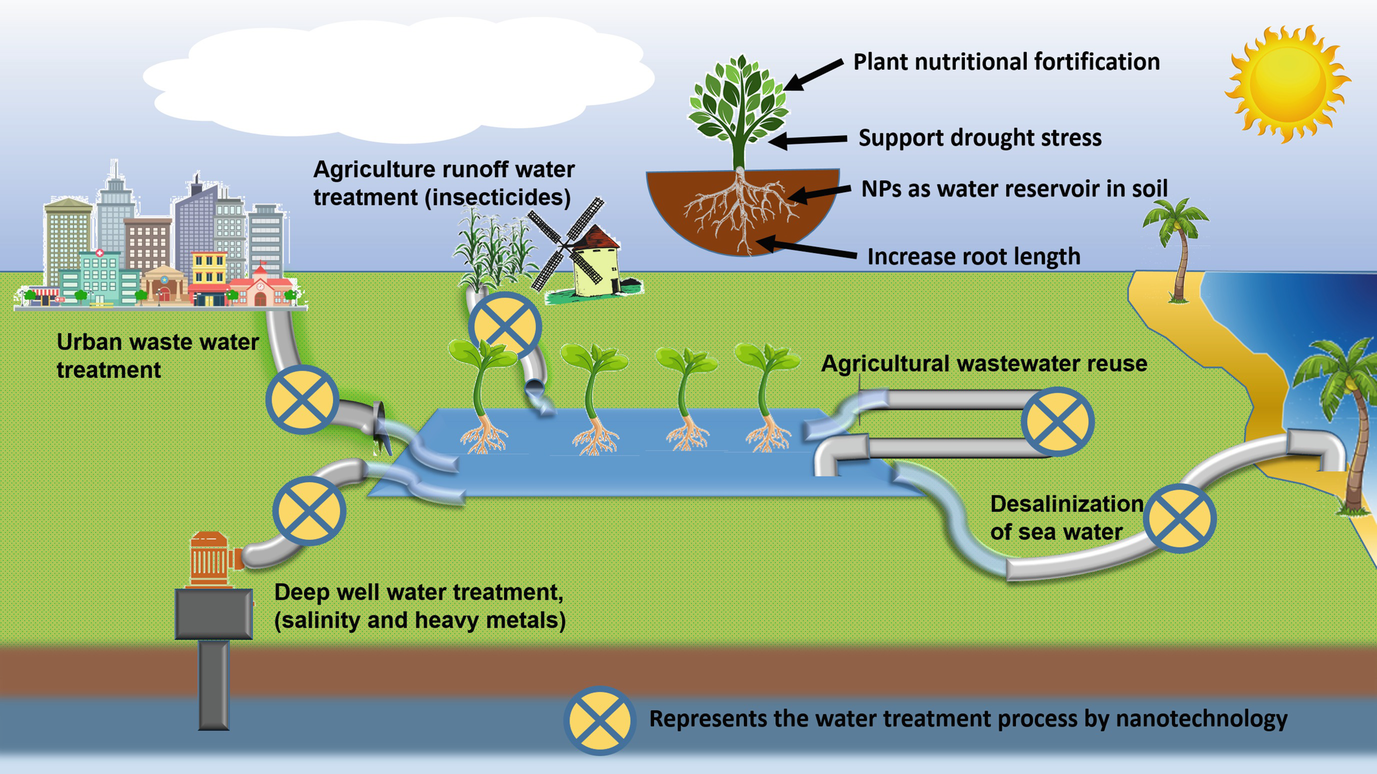What Is Agricultural Wastewater
What Is Agricultural Wastewater, Indeed recently has been hunted by consumers around us, perhaps one of you personally. People now are accustomed to using the internet in gadgets to view video and image information for inspiration, and according to the name of this article I will discuss about
If the posting of this site is beneficial to our suport by spreading article posts of this site to social media marketing accounts which you have such as for example Facebook, Instagram and others or can also bookmark this blog page.

Constructed Wetlands For Agricultural Wastewater Treatment Civil Structural Environmental Engineering Trinity College Dublin Agriculture Jobs For Freshers

Global Agricultural Waste Water Treatment Wwt Market Insights In 2019 And Prediction By 2026 Agriculture Jobs For Freshers
Effluent quality and volumes of agricultural wastewater are highly variable and will change according to individual farming practices as well as rainfall and runoff volumes.

Agriculture jobs for freshers. With careful planning and management the use of wastewater in agriculture can be beneficial to the environment. However wastewater is still generated in the process and has to be treated eventually. However some degree of treatment must normally be provided to raw municipal wastewater before it can be used for agricultural or landscape irrigation or for aquaculture.
The use of wastewater in agriculture has the potential for both positive and negative environmental impacts. At wineries loads and concentrations of wastewater contaminants are significantly higher during distilling and vintage seasons. On the other hand centralized facilities are another potential source of such wastewater.
The best way then to avoid the dangers associated with wastewater agriculture is also one of the best ways to cut back on energy costs associated with food production. Irrigation with wastewater is both disposal and utilization and indeed is an effective form of wastewater disposal as in slow rate land treatment. It could end up saving you a lot more than money.
Agricultural wastewater or tailwater is virtually impossible to avoid because in order for the soil to be properly irrigated there is always going to be some excess water or tailwater runoff. Washing and rinsing water used in cleaning fresh produce and fruits are sometimes reused. Agricultural waste refers to waste produced from agricultural operations including waste from farms poultry houses and slaughterhouses.
Postharvesting agricultural wastewater could also be a source of wastewater. Agricultural wastewater treatment is a farm management agenda for controlling pollution from surface runoff that may be contaminated by chemicals in fertiliser pesticides animal slurry crop residues or irrigation water.






